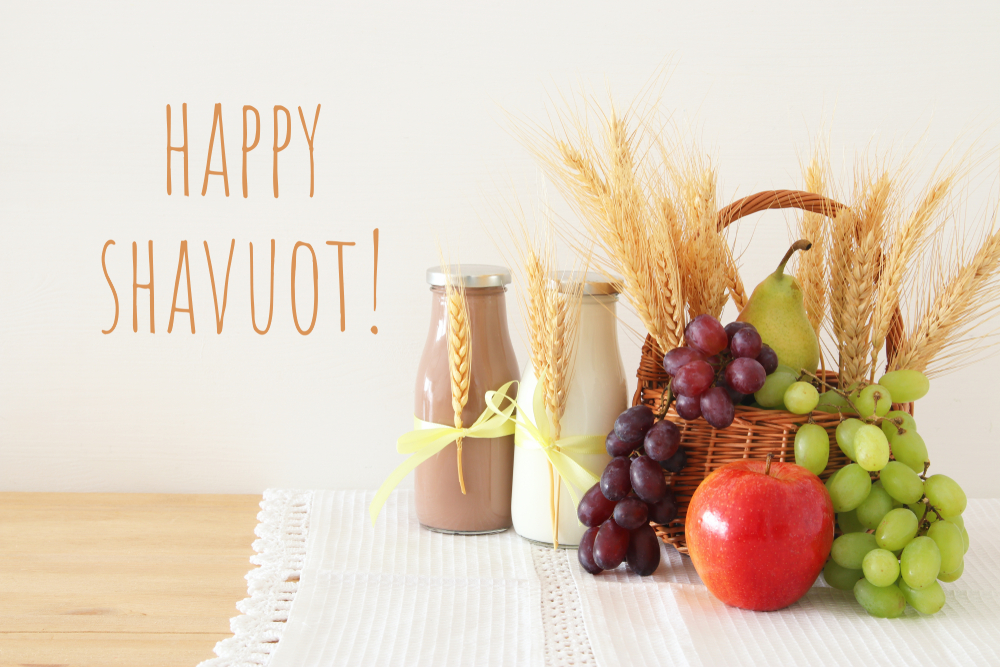Boaz, a great rabbinic leader described in the “Book of Ruth,” made a small but significant change in Jewish custom, and it was the right thing to do!
By: Rabbi Ari Enkin, Rabbinic Director, United with Israel
Jews around the world will be celebrating the Festival of Shavuot, which commemorates the giving of the Torah. One of the many customs of the holiday is to read the Book of Ruth.
The Book of Ruth, of course, is the story of Ruth, the Moabite convert to Judaism.
Ruth was married to a Jew who had come with his family from the Land of Israel, where there was a famine, to live in the land of Moab. Ruth and her mother-in-law Naomi became widowed. Not wanting to remain a stranger in a strange land, Naomi decided to return to her native Israel.
Ruth refused to allow Naomi to return alone and made the brave decision to join her. Hence, Ruth became the stranger in the strange land for the sake of her mother in law, whom she loved.
The two women settled in Bethlehem. Suffering poverty, they went to collect any stray grain left behind or dropped during the harvest. Indeed, allowing the poor to collect these scraps is a mitzvah (Torah commandment). Coincidentally, the field that Ruth happened upon belonged to Boaz ,a relative of Naomi’s late husband. Ruth and Boaz met and eventually married.
There is an important lesson we can learn from a small change that Boaz made in Jewish practice.
We are told that when Boaz arrived at his field to oversee the harvest, he greeted his workers with the words, “May God be with you.” The workers then responded, “May God bless you.”
Greeting others in this way is very significant as it is generally forbidden to invoke God’s name except in prayer and study – and certainly not in a social greeting. However, Boaz, a major rabbinical authority, enacted the custom of greeting others with God’s name. We are told that the reason was that the people of Israel were living in dire poverty and feeling depressed. Boaz wanted to uplift their spirits and enhance the relationships among them. People tend to feel better when greeted with God’s name, so this was his way of encouraging them.
The Festival of Shavuot and the reading of the Book of Ruth are observed at the conclusion of the 50-day “Omer” period, when a number of mourning customs are observed. The reason for the seven-week semi-mourning period between Passover and Shavuot is because the students of the great Rabbi Akiva all died during this time as a result of a Divine plague for not showing respect to one another.
Boaz took the tragic message of Rabbi Akiva’s students to heart and decided to do something in order to foster respect and love among fellow Jews who were suffering and downtrodden. Boaz merited to be the great-grandfather of King David and, by extension, the founding father of the messiah and the messianic dynasty.
Boaz realized that death and destruction come to the world when people disregard the feelings of others. He has taught us that redemption will come to the world when we become sensitive and caring towards our fellow human beings.

Do You Love Israel? Make a Donation - Show Your Support!
Donate to vital charities that help protect Israeli citizens and inspire millions around the world to support Israel too!
Now more than ever, Israel needs your help to fight and win the war -- including on the battlefield of public opinion.
Antisemitism, anti-Israel bias and boycotts are out of control. Israel's enemies are inciting terror and violence against innocent Israelis and Jews around the world. Help us fight back!
